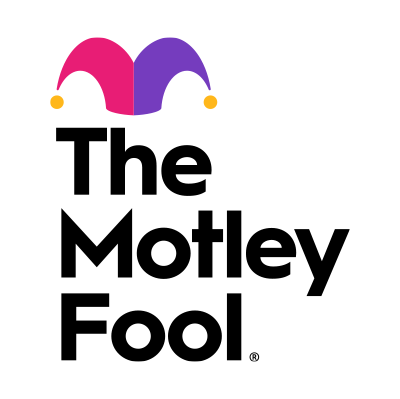I’m Not Sure I Want to Retire Early, But I’m Doing These 3 Things to Hopefully Have the Option
3 min read
I know a lot of people who are eager to retire early. And frankly, a lot of them are people who don’t particularly enjoy their jobs.
I, however, happen to really like what I do. And because I’m self-employed, I have more flexibility than some of my friends with salaried jobs. This means that in the future, should I decide that I want to cut down on hours, that option could exist.
Because of this, early retirement is not in my plans. If anything, I’d like to retire on the later side, or perhaps never fully retire at all.
Not only do I enjoy my work, but I’m someone who tends to get bored pretty easily. This isn’t to say that I can’t have a lazy day at home here and there filled with nothing but classic movies and a good book. But I can’t imagine myself doing that day in, day out. As such, I’m not making any plans to wrap up my career before I have to.
But even though I don’t particularly want to retire early, I still think it’s a good idea to leave that option on the table. Here’s how I’m keeping it open.
1. Maxing out my solo 401(k)
Since I’m self-employed, I get the option to contribute to a solo 401(k). These 401(k)s come with much higher contribution limits than the 401(k) plans offered by employers to salaried workers.
I make a point to contribute the maximum amount I’m allowed to my solo 401(k) with the goal of accumulating a nice balance. And as an added bonus, that account helps me shield some earnings from taxes.
2. Funding an HSA and leaving it alone
I know that a big barrier to early retirement is healthcare. It’s hard to cover healthcare expenses before you’re eligible for Medicare. Heck, it’s hard to cover medical expenses once you’re on Medicare.
That’s why I make a point to max out an HSA these days. But that’s not all — I also don’t touch that balance even as medical costs arise. Instead, I pay those out of my income or savings if I have to.
HSAs let you invest your unused balance, and investment gains are tax-free. My goal is to leave my HSA untapped as long as possible so it’s easier to pay healthcare expenses later in life, and that might extend to a hypothetical early retirement.
3. Investing in a regular brokerage account
Even though I’m not aiming to retire early, I think it’s important to have access to some of your long-term savings whenever you might need it. My solo 401(k) restricts me from taking withdrawals prior to age 59 1/2. If I tap my balance before that age, I risk a costly 10% early withdrawal penalty that I’d really rather not pay.
As such, I do keep some long-term assets in a regular brokerage account. I don’t get any tax benefit from that account, but that’s OK. Instead, I get flexibility.
You might think that early retirement is something you don’t want. And trust me, I get it. But you never know when you might change your mind. And you also never know when you might be forced to retire sooner than planned. So it’s a good idea to try to save as much as you can in various accounts so you’re able to afford an early retirement, no matter your reason for taking one. And it’s also smart to keep some of your money unrestricted, just in case.
Discover more from Slow Travel News
Subscribe to get the latest posts sent to your email.



